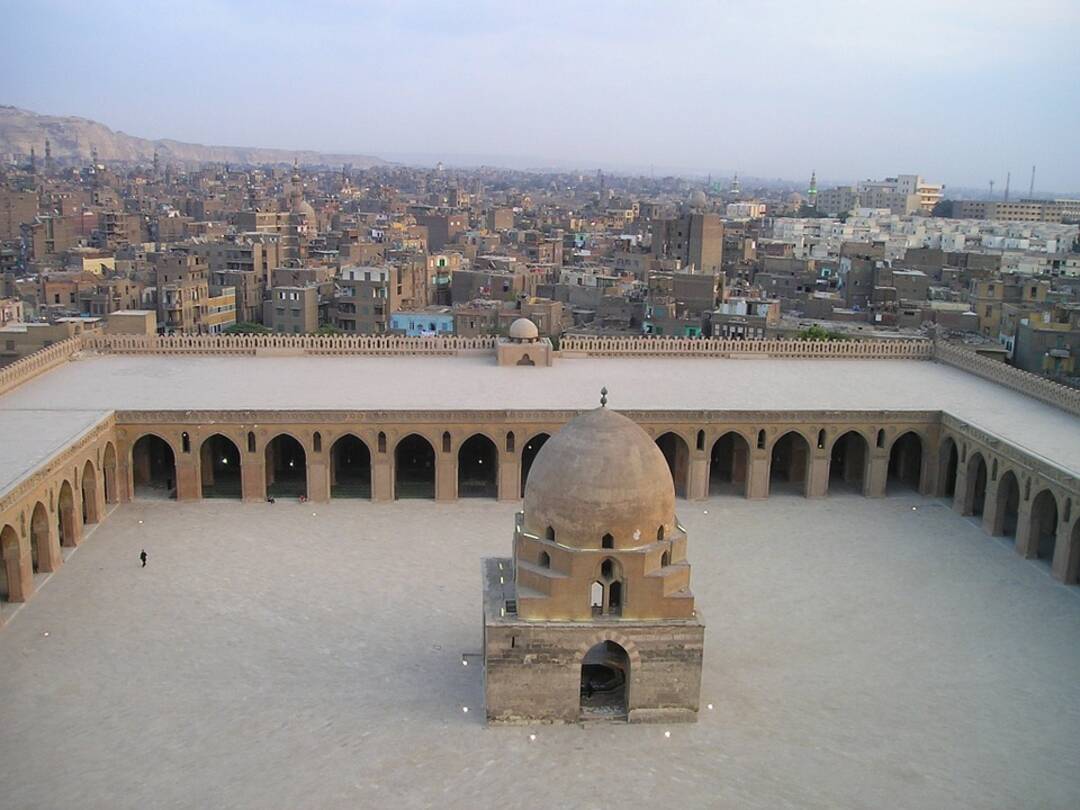-
Egyptian activist Alaa Abdel Fattah sentenced to five years in prison

The Swiss Info reported as per Reuters, prominent Egyptian activist Alaa Abdel Fattah was sentenced to five years in prison on Monday, a judicial source said, after being tried on charges of spreading fake news.
Blogger Mohamed Ibrahim and lawyer Mohamed El-Baqer, who faced the same charges, were sentenced to four years.
The three have been detained since September 2019. Abdel Fattah, a leading activist in the 2011 uprising that toppled president Hosni Mubarak after three decades in power, had previously been imprisoned for five years in 2014 and released in 2019.
Abdel Fattah's family have complained about the conditions of his detention.

"He is denied access to books, a radio, a watch, and he is banned from walking (outside his prison cell). He does not leave his prison cell at all except of when we visit him or if he is going to prosecution or court," Abdel Fattah's mother Leila Soueif said before the hearing.
Abdel Fattah's sister, Sanaa Seif, was sentenced to a year and a half in prison in March on similar charges after calling for prisoners to be freed due to the COVID-19 pandemic.
Egypt and Saudi Arabia agree to boost cooperation in maintaining regional security and stability
Cairo prepares for 2022 celebrations as the Capital of Culture in the Islamic World
Egypt restores ancient road connecting two temple complexes of Luxor and Karnak
The Egyptian government has denied accusations concerning prison conditions.
Since 2013, when then-army chief Abdel Fattah al-Sisi ousted President Mohamed Mursi of the Muslim Brotherhood, there has been a far-reaching crackdown on political dissent in Egypt, drawing criticism from human rights groups. Rights groups say tens of thousands of people have been jailed.
Sisi, president since 2014, says security and stability are paramount and denies there are political prisoners in Egypt.
Source: swissinfo
You May Also Like
Popular Posts
Caricature
BENEFIT Sponsors BuildHer...
- April 23, 2025
BENEFIT, the Kingdom’s innovator and leading company in Fintech and electronic financial transactions service, has sponsored the BuildHer CityHack 2025 Hackathon, a two-day event spearheaded by the College of Engineering and Technology at the Royal University for Women (RUW).
Aimed at secondary school students, the event brought together a distinguished group of academic professionals and technology experts to mentor and inspire young participants.
More than 100 high school students from across the Kingdom of Bahrain took part in the hackathon, which featured an intensive programme of training workshops and hands-on sessions. These activities were tailored to enhance participants’ critical thinking, collaborative problem-solving, and team-building capabilities, while also encouraging the development of practical and sustainable solutions to contemporary challenges using modern technological tools.
BENEFIT’s Chief Executive Mr. Abdulwahed AlJanahi, commented: “Our support for this educational hackathon reflects our long-term strategic vision to nurture the talents of emerging national youth and empower the next generation of accomplished female leaders in technology. By fostering creativity and innovation, we aim to contribute meaningfully to Bahrain’s comprehensive development goals and align with the aspirations outlined in the Kingdom’s Vision 2030—an ambition in which BENEFIT plays a central role.”
Professor Riyadh Yousif Hamzah, President of the Royal University for Women, commented: “This initiative reflects our commitment to advancing women in STEM fields. We're cultivating a generation of creative, solution-driven female leaders who will drive national development. Our partnership with BENEFIT exemplifies the powerful synergy between academia and private sector in supporting educational innovation.”
Hanan Abdulla Hasan, Senior Manager, PR & Communication at BENEFIT, said: “We are honoured to collaborate with RUW in supporting this remarkable technology-focused event. It highlights our commitment to social responsibility, and our ongoing efforts to enhance the digital and innovation capabilities of young Bahraini women and foster their ability to harness technological tools in the service of a smarter, more sustainable future.”
For his part, Dr. Humam ElAgha, Acting Dean of the College of Engineering and Technology at the University, said: “BuildHer CityHack 2025 embodies our hands-on approach to education. By tackling real-world problems through creative thinking and sustainable solutions, we're preparing women to thrive in the knowledge economy – a cornerstone of the University's vision.”
opinion
Report
ads
Newsletter
Subscribe to our mailing list to get the new updates!






















